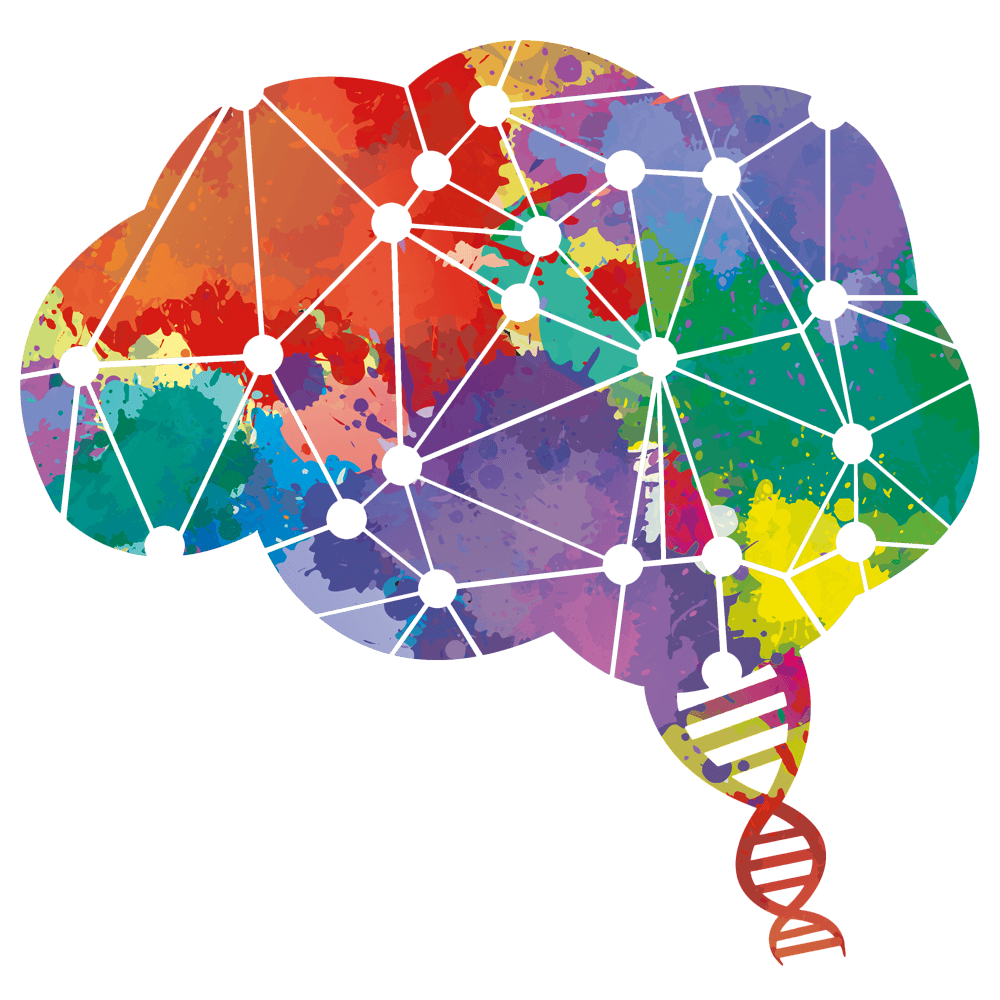An estimated 179 million individuals in Europe are currently suffering from a brain disorder. These disorders are often persistent, leading to significant emotional and financial burdens to patients, their family, and society at large. For many brain disorders, including depression, substance abuse, autism, schizophrenia, insomnia, and dementia, there is no cure. Available treatments address symptom relief and are only effective in subsets of patients. The World Economic Forum, the World Health Organization and the European Brain Council all urge for improved understanding of brain disorders.
Recent genetic discovery studies have provided unprecedented insight into the genes involved in brain disorders. The next step is to use this knowledge for gaining mechanistic disease insight. The aim of BRAINSCAPES is to map in detail the biological mechanisms underlying multiple brain diseases (‘brainscaping’). In BRAINSCAPES we therefore develop novel analytic and experimental tools to study the functional consequences of risk genes on the function of specific cells, their circuits and functional output. The overarching (10 year) goal of this project is to gain insight into the molecular and cellular basis of complex brain disorders that can be used to design novel treatments.
BRAINSCAPES is organized in multiple work packages (WPs), each focusing on their own expertise while connecting complex neurogenetics to neurobiology by making smart use of the wealth of results from the current genetic revolution, the availability of large biological datasets at the single cell level and the application of the very latest techniques from neurobiology.
